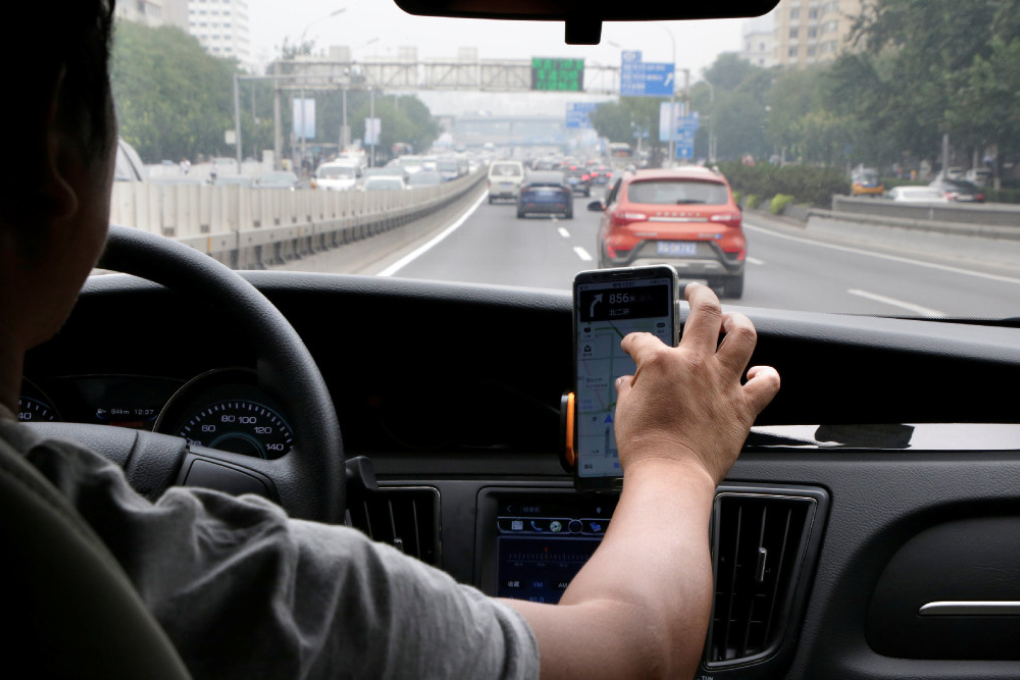Advertisement
Ride-hailing drivers in China are finally getting paid for returning lost items
Didi Chuxing introduces a new measure as it tries to shake off last year’s crisis
Reading Time:2 minutes
Why you can trust SCMP
0

This article originally appeared on ABACUS
Didi Chuxing passengers are a forgetful bunch. The Chinese ride-hailing behemoth revealed last year that it helped an average of 5,000 riders each day retrieve lost items left behind in cars, ranging from the mundane (purses and smartphones) to the bizarre (crayfish and pancakes).
It’s understandable that frantic riders would want their belongings returned as soon as possible. But doing so would also take away precious work time from drivers. So starting this week, Didi is requiring riders to compensate their drivers for delivering their lost items.
Didi Chuxing taking competition with nemesis Uber abroad
Under the new rules, drivers can either return an item in person or by using a package delivery service, and passengers will have to bear the cost of transport or postage. However, riders shouldn’t be required to pay extra tips.
While the practice might be new in China, it’s actually standard for many ride-hailing services elsewhere. Both Uber and Lyft, for instance, charge passengers a US$15 driver reimbursement fee for every successful return of a lost item.

It’s one of a series of new rules Didi has launched over the past year after it was plunged into a crisis. Two of its carpool drivers were found to have raped and killed two female passengers. It drew widespread outrage and government scrutiny.
Advertisement
Select Voice
Choose your listening speed
Get through articles 2x faster
1.25x
250 WPM
Slow
Average
Fast
1.25x